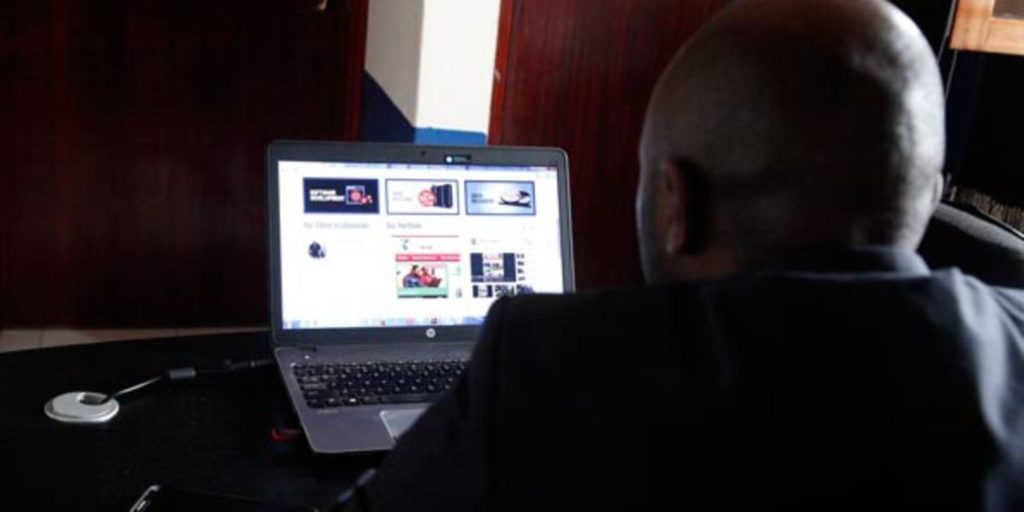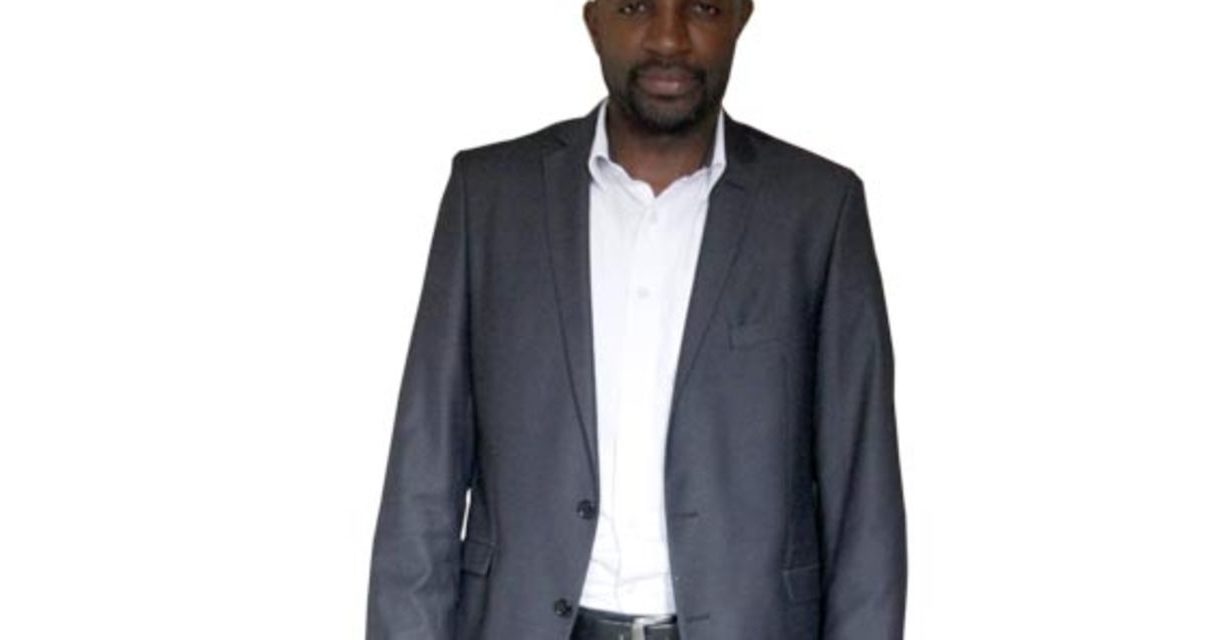What you need to know:
Easy dime. With just a laptop computer, Dickson Mushabe started an online company, a business in which he just presses a button and he earns. He shares his journey with Patrick Wabuteya.
My journey as an entrepreneur started immediately after my Senior Six at Mengo Senior School in 2000. While my friends were busy rejoicing because they were done with high school, I was thinking hard about how I would make money in my vacation. I did not want to stay in the village in Kiruhura, so hardly a week into my vacation, I lied to my father that I had to travel back to Kampala to fill in university entry forms.
I stayed with my aunt in Seguku, a Kampala suburb. I told her the truth that I wanted a job, so she started looking for me one. However, in her communications with my dad, she informed him of what I was up to and this annoyed him so much. During one of my regular calls to him about the progress of my university registration, he opened up to me, asking me not to lie to him anymore. I knew I had to go back to the village.
A few days after I had apologised for lying to him, I asked my father for a portion of his land through our mother, to which he agreed. I planted tomatoes, despite it being a dry season. I watered my garden daily throughout the season. At harvest, I was the only one with tomatoes, so I monopolised the market.

Tasting success
From the first harvest, I made about Shs180,000, which was a lot of money then. So I realised I could make money even without being someone’s employee.
Though planting tomatoes during the dry season was a mistake, I did not regret it. I kept harvesting and making sales throughout my vacation and by the time I joined university in 2001, I was happy to have money from my own sweat.
After I got my first faculty allowance [about Shs300,000] at Makerere University in Kampala where I was pursuing a Bachelors in Quantitative Economics, I decided to invest it by buying off a friend’s salon in Wandegeya, a Kampala suburb. The salon fetched me about Shs120,000 per month. I operated it for about two years before I closed it after realising the barber was cheating me.
I tried another business, a video library to lend out movies to university students, where I was earning about Shs20,000 per day. I ran this business until I left campus in 2005. The biggest challenge I encountered from this business was from friends who used to borrow my movies free of charge. I learnt never to mix business and friendship.
After university, I tried looking for jobs and I once got invited for an interview with Uganda microfinance (currently Equity bank) and passed. To my disappointment, the pay was equivalent to what I was making from my salon and video library. That was my first and last job interview.
Starting Hostalite
I later tried my hand at several businesses, including starting up an online business directory, which was actually a copied version of the might Monitor Business Directory. I failed on this. I tried advertising but this one too died in its infancy. After many failed attempts at partnerships, I decided to start up my own company in 2009, using the money I had got after writing a business plan for Habib Oil, an oil company. I was paid about Shs1.5 million, part of which I used to start up Hostalite. I rented a small space in a room shared by four other companies. Only my laptop occupied my table in my space.
Getting clients
Since my company was too young in the market, I used an email marketing strategy. I used the Monitor Business Directory to search for mail addresses for banks, schools and companies I thought would need my services.
Surprisingly, some of those I sent mails to replied, and it was not long before I started getting clients. Since then, we have worked with several organisations and government agencies, including Uganda National Roads Authority, Ministry of Health, Nile breweries and Tropical bank. Others are Centre for Disease Control and the Belgian Technical Corporation.”
Challenges faced
The main challenge we face in this business is that web hosting is very delicate. Because we guarantee our clients quality service, we are always tasked to keep our servers upgraded and running all the time, which is very expensive. Also, since we do our work online, we are always disappointed with the slow Internet speed in Uganda. So to minimise data losses, our data centre and servers are in the US. We are charged in dollars, yet here, we charge our clients in Shillings. Given the current rate of the dollar against the Shilling, we end up operating at very high costs.
Advice to entrepreneurs
“Instead of making mere posts on Facebook and other social media, you should ensure that your posts always have an impact on the readers. Social media should be a platform for people to impact on others and also a site for business opportunities so we should all use it in the best way possible.”
About his book
Mushabe is also the author of a self-motivation book, I am Not Sorry for My Mistakes. It is a business kind of book that leaves an impression. The book is fully packed with business advice, including how to brand yourself and your business, managing employees and planning for their future, business partnerships and managing usual business challenges.
“This book is a product of Facebook. From the people’s comments and messages I got on posts I would make, I got the idea to write it. It is basically about the business mistakes I made as a young entrepreneur, which I want all those who are planning on venturing into business to learn from. I do not want them to repeat the same mistakes I made,” he says of the book.
It was launched at Kati Kati restaurant in Kampala on July 31.
“We had more than 400 guests and sold at least 350 copies that evening,” Mushabe reminisces about the launch.
He says the book is meant for all entrepreneurs but especially the youth. “I started as a young enthusiastic businessman who crashed so many times. I am not a good reader myself, so I wrote it in a simplified way for the many out there who are like me to easily access the information in it,” he says.
A copy of the book goes for Shs20,000 and can be found in all bookshops around town.

